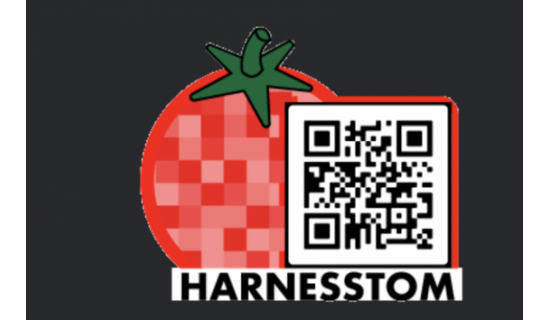Project HARNESSTOM
Harnessing the value of tomato genetic resources for now and the future
Tomato is a paradigm of crop domestication: a widely cultivated and consumed vegetable but with reduced genetic diversity
and therefore highly vulnerable to emerging diseases and climate change. Fortunately, tomato is rich in genetic resources
and information to overcome those difficulties and a coalition of scientists and breeding experts which have generated a
large amount of this information have been organized under an effective management structure and a series of objectives to
overcome those threats. HARNESSTOM aims to demonstrate that increasing use of Genetic Resources is key for food safety
and security and can lead to innovation and benefit all stakeholders. By capitalizing on the large effort done recently in
several EU-funded projects to connect phenotypes/genotypes in a large number of accessions from different germplasm
banks and academia, HARNESSTOM will first collect, centralize and normalize this wealth of information in a way that is
easily searchable and displayed in a user-friendly manner adapted to different type of users. Second, HARNESSTOM will
develop four prebreeding programs addressing the major challenges of the field: 1) introducing resistances against major
emerging diseases, 2) improving tomato tolerance to climate change, 3) improving quality 4) increasing resilience in
traditional European tomato by participatory breeding. And additional goal is to increase speed and efficiency in prebreeding
what is needed to be able to respond to the emerging challenges in a timely and effective manner. Joint leadership of both
academia and industry in each of the WP and the participation of two NGOs representing different stakeholders guarantees
the results of the project will have an impact in industry innovation and also in the society. An efficient management and
outreach and communication platform is also in place to make sure the project runs smoothly and the interests of all
stakeholders are protected

